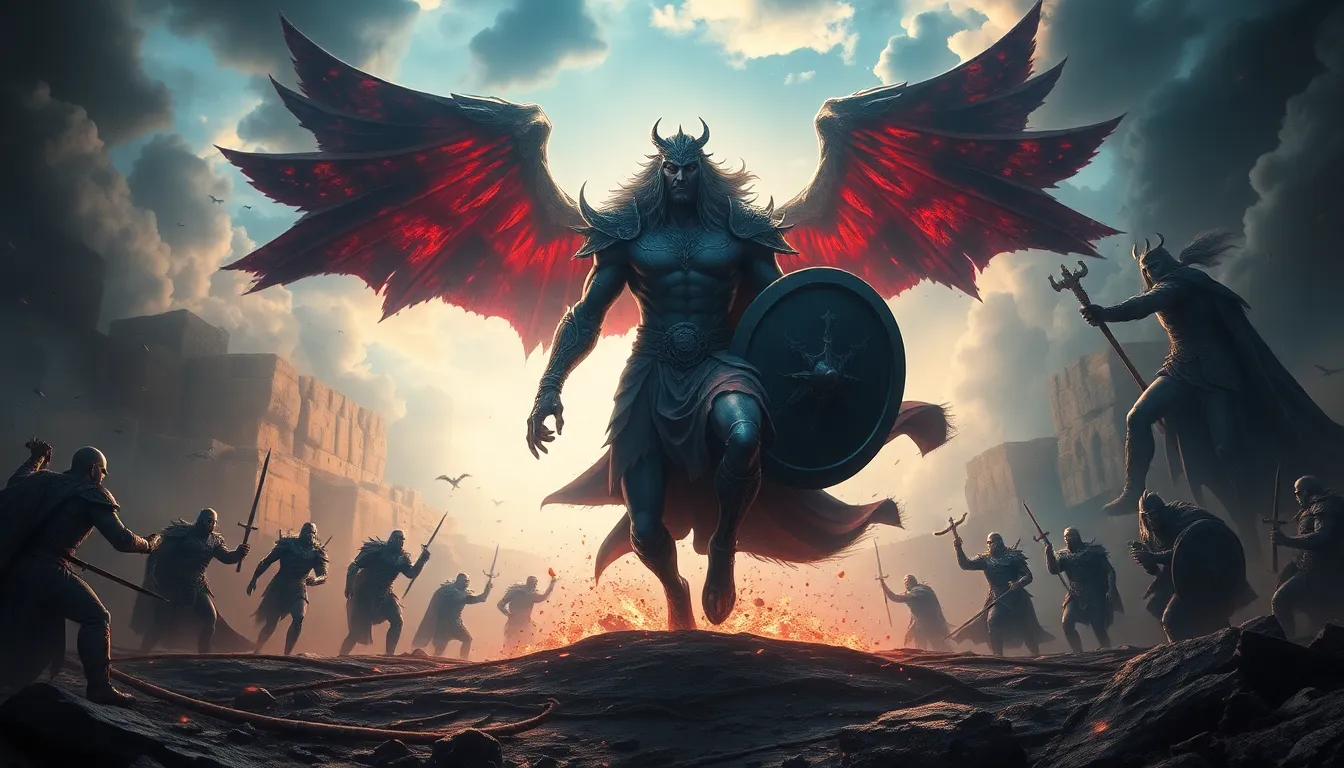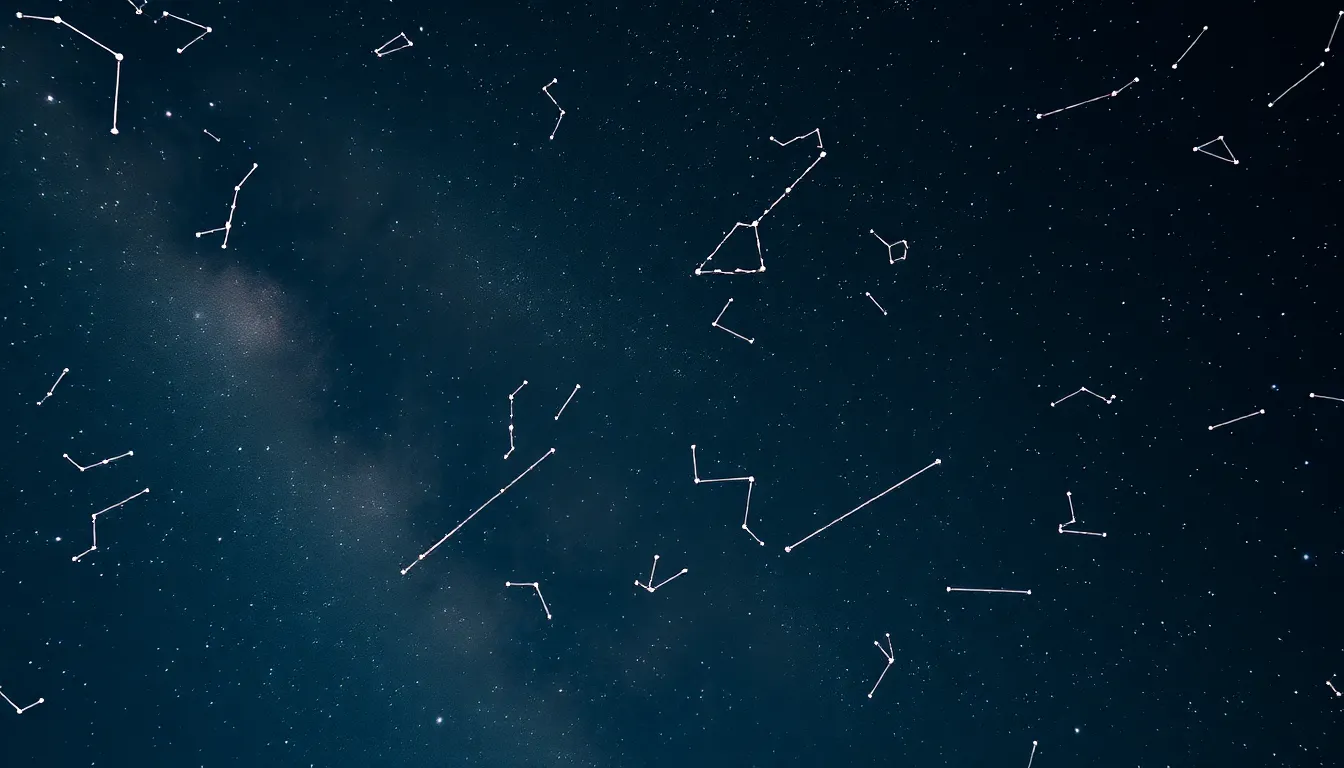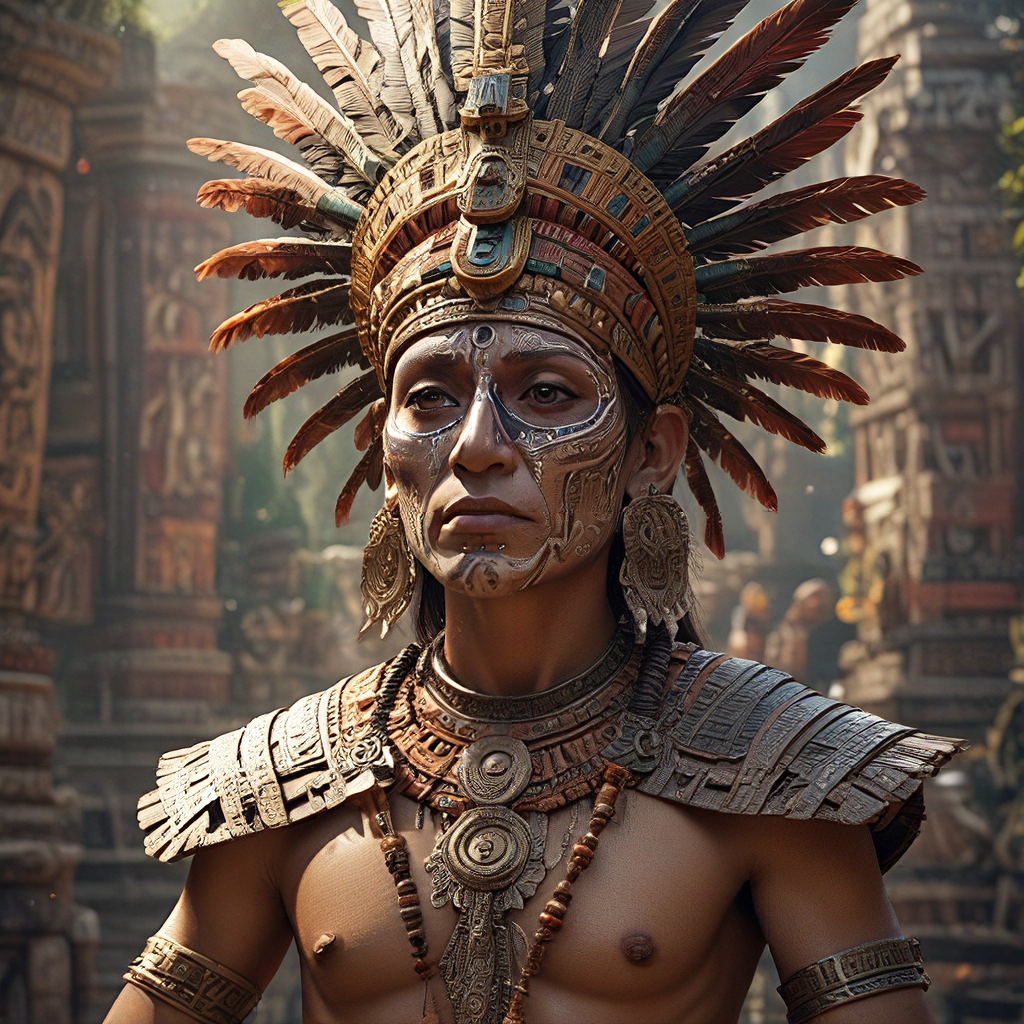When Heroes Rise: The Most Epic Battles in Mythology
I. Introduction
Mythology serves as a mirror reflecting the beliefs, values, and cultures of societies throughout history. It encompasses a vast array of stories that explain the world, nature, and the human condition. Myths are not merely fantastical tales; they hold profound significance in shaping cultural identity and moral frameworks.
At the heart of many mythological narratives are heroes—figures who embody the ideals of their cultures. These heroes often undergo extraordinary trials, face formidable adversaries, and embark on epic quests that define their character and legacy. This article aims to explore the epic battles in various mythologies, illustrating how these conflicts serve as a testament to heroism and contribute to the construction of cultural narratives.
II. The Concept of Heroism in Mythology
Heroism in mythology is a multifaceted construct that varies across cultures and traditions. Mythological heroes typically exhibit the following characteristics:
- Courage: The willingness to confront danger and adversity.
- Strength: Physical prowess or mental fortitude that sets them apart.
- Morality: A strong sense of right and wrong, often guided by cultural values.
- Transformation: An evolution from ordinary individuals to extraordinary figures.
These traits can manifest differently in various cultural contexts. For instance, in Greek mythology, heroes like Hercules are celebrated for their physical strength, while in Hindu mythology, figures like Arjuna emphasize moral dilemmas and spiritual growth.
The journey of a hero often follows a classic narrative arc known as the “Hero’s Journey,” which includes stages such as the call to adventure, facing trials, receiving aid from mentors, and returning transformed. This journey illustrates the universal themes of struggle, growth, and redemption.
III. The Role of Epic Battles in Mythological Narratives
Epic battles are central to mythological narratives, serving multiple purposes:
- Conflict: They represent the struggle between opposing forces, such as good versus evil or order versus chaos.
- Resolution: Battles often lead to significant changes in the narrative, shaping the fate of characters and civilizations.
- Character Development: Through conflict, heroes are tested, revealing their true nature and values.
These battles not only entertain but also convey deeper meanings about the human experience, illustrating the complexities of life, morality, and the consequences of choices made in the heat of conflict.
IV. Greek Mythology: The Trojan War
The Trojan War stands as one of the most significant events in Greek mythology, symbolizing the clash of civilizations and the futility of war. It began with a dispute among the goddesses Hera, Athena, and Aphrodite, leading to the abduction of Helen, which sparked a ten-year siege of Troy.
Key heroes in this epic conflict include:
- Achilles: The mightiest warrior whose rage and eventual death became central themes.
- Hector: The noble prince of Troy, representing honor and duty.
- Odysseus: The cunning strategist whose journey home is chronicled in the “Odyssey.”
Major battles, such as the duel between Achilles and Hector, highlight the personal stakes in the war, while the use of the Trojan Horse exemplifies cunning over brute strength, ultimately leading to the fall of Troy.
V. Norse Mythology: Ragnarok
In Norse mythology, Ragnarok represents the prophesied end of the world, marked by an epic battle between the gods and their foes, the giants. This cataclysmic event is significant not only for its destructive outcomes but also for its themes of rebirth and renewal.
Notable figures involved in Ragnarok include:
- Odin: The Allfather, who seeks knowledge and prepares for the impending doom.
- Thor: The thunder god, renowned for his strength and protector of humanity.
- Loki: The trickster god whose betrayal plays a crucial role in the events of Ragnarok.
The battle culminates in the deaths of many gods and the submergence of the world in water, symbolizing both destruction and the potential for new beginnings in the aftermath.
VI. Hindu Mythology: The Mahabharata War
The Mahabharata is one of the longest epic poems in history, detailing the moral dilemmas and conflicts between two families, the Pandavas and the Kauravas. The Kurukshetra War, central to this epic, embodies the struggle between dharma (righteousness) and adharma (unrighteousness).
Key heroes include:
- Arjuna: A warrior prince faced with a moral crisis about fighting against his own kin.
- Bhishma: A legendary figure whose vow of celibacy and loyalty complicate the war’s dynamics.
The battlefield of Kurukshetra is not just a physical space but also a metaphor for the inner conflict faced by individuals in making ethical choices. The teachings of the Bhagavad Gita, delivered by Krishna to Arjuna, highlight the profound philosophical and spiritual themes present in this epic.
VII. Mesopotamian Mythology: The Epic of Gilgamesh
The Epic of Gilgamesh is one of the earliest known works of literature, chronicling the adventures of Gilgamesh, the king of Uruk. Among his many exploits, his battles against monstrous beings like Humbaba and the Bull of Heaven stand out as significant tests of his heroism.
The themes woven into these battles include:
- Friendship: The bond between Gilgamesh and Enkidu highlights the importance of companionship.
- Mortality: Gilgamesh’s quest for immortality reflects humanity’s struggle with the inevitability of death.
Through these conflicts, Gilgamesh learns valuable lessons about strength, friendship, and the acceptance of human limitations.
VIII. Chinese Mythology: The Battle of the Gods
The Battle of the Gods is a significant theme in Chinese mythology, particularly in the classic novel “Investiture of the Gods.” This narrative features epic confrontations among gods, demons, and legendary heroes, showcasing the rich tapestry of Chinese folklore.
Key figures include:
- Nezha: A youthful deity renowned for his martial prowess and rebellious spirit.
- The Jade Emperor: The supreme ruler of heaven, representing order and authority.
- Erlang Shen: A powerful warrior deity known for his ability to vanquish demons.
The battles in this mythology not only reflect the struggle for power and control within the pantheon but also influence cultural beliefs and practices, emphasizing the importance of virtue and righteousness in daily life.
IX. African Mythology: The Legend of Shaka Zulu
Shaka Zulu is a legendary figure in African mythology, recognized for his military genius and leadership in the formation of the Zulu nation. His rise to power is marked by strategic battles that transformed the social and political landscape of the region.
Notable battles include:
- The Battle of Isandlwana: A key confrontation during the Anglo-Zulu War that showcased Zulu tactics.
- The Battle of Blood River: An iconic battle representing the struggle against colonial forces.
Shaka’s legacy is deeply rooted in African heroism, symbolizing strength, resilience, and the complex interplay of power and identity.
X. Conclusion
Epic battles in mythology serve not only as thrilling narratives but also as profound reflections of cultural values, heroism, and the human experience. From the valor of Achilles in the Trojan War to the moral dilemmas faced by Arjuna in the Mahabharata, these stories resonate across time and space, illustrating the enduring nature of heroism and the lessons that can be drawn from conflict.
Through the exploration of these battles, we gain insights into the virtues and flaws of heroes, the complexities of human nature, and the timeless struggle between good and evil. Mythology, with its rich tapestry of stories, continues to inspire and inform our understanding of what it means to be heroic in the face of adversity.



